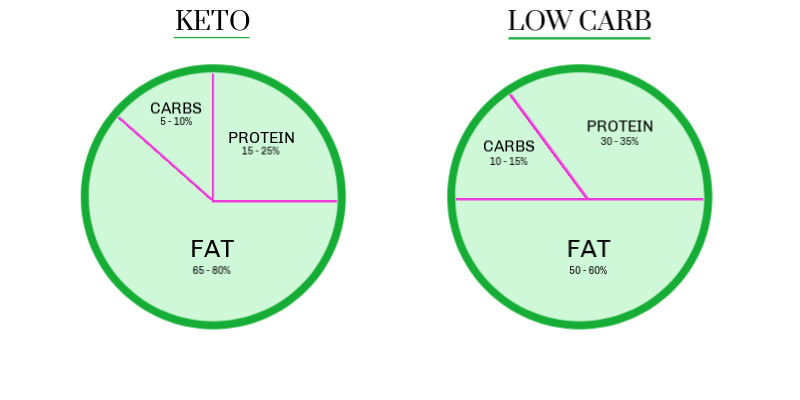In today’s fast-paced world, it’s easy to fall into the habit of rushing through meals or eating on the go. The result? We often miss out on the profound connection between food and our overall well-being. Enter mindful eating, a practice that can not only transform your relationship with food but also serve as a powerful tool for stress relief. In this blog post, we’ll explore the concept of mindful eating and how it can bring harmony to your life and alleviate stress.
What is Mindful Eating?
Mindful eating is a practice rooted in mindfulness, which involves being fully present and aware of your experiences in the moment. When applied to eating, it means paying deliberate attention to the food you consume, the act of eating, and the sensations it generates—without judgment.
Here are the key principles of mindful eating:
1. Presence in the Moment
Instead of rushing through meals or multitasking while eating, mindful eating encourages you to focus solely on the act of eating. Be present with your food, free from distractions.
2. Engaging the Senses
Use all your senses—sight, smell, taste, touch, and even sound—to fully experience the food. Notice its colors, textures, flavors, and aroma.
3. Non-Judgmental Awareness
Avoid self-criticism or judgment about your food choices. Approach eating with self-compassion and without guilt or shame.
4. Eating for Nourishment
Pay attention to your body’s hunger and fullness cues. Eat when you’re hungry and stop when you’re satisfied.
Mindful Eating for Stress Relief
Now, let’s explore how mindful eating can serve as an effective tool for stress relief:
1. Reduced Emotional Eating
Mindful eating helps you become more attuned to your emotions and the reasons behind your food choices. By recognizing emotional triggers, you can develop healthier coping strategies for stress, reducing the tendency to turn to food for comfort.
2. Improved Digestion
Eating mindfully promotes better digestion. When you’re present and relaxed during meals, your body can more effectively break down and absorb nutrients, reducing the potential for digestive discomfort that stress can exacerbate.
3. Mind-Body Connection
Mindful eating fosters a stronger mind-body connection. This awareness allows you to recognize how different foods affect your mood and energy levels, empowering you to make informed choices that support your emotional well-being.
4. Stress Reduction Techniques
Mindful eating can serve as a mini-meditation session. By focusing on your breath and the sensory experience of eating, you create a calming ritual that reduces stress and anxiety.
How to Practice Mindful Eating
Incorporating mindful eating into your daily life can be a transformative experience. Here are some practical steps to get started:
- Set Aside Time: Dedicate specific meal times for mindful eating. Avoid eating at your desk or in front of the TV. Instead, choose a quiet, peaceful setting.
- Engage Your Senses: Before taking your first bite, take a moment to observe the food on your plate. Notice its colors, textures, and aroma.
- Chew Slowly: Chew each bite thoroughly, savoring the flavors. Put your fork down between bites to prevent rushing.
- Listen to Your Body: Pay attention to hunger and fullness cues. Eat until you’re comfortably satisfied, not overly full.
- Practice Gratitude: Express gratitude for your meal and the nourishment it provides.
- Minimize Distractions: Turn off electronic devices and create a calm environment for eating.
- Be Patient: Mindful eating is a skill that develops over time. Be patient with yourself and enjoy the journey.
Here are some queries related to Mindful Eating for Stress Relief
- Does mindful eating reduce stress?
- Yes, mindful eating can help reduce stress. By promoting awareness, emotional regulation, and a more relaxed approach to meals, it can alleviate stress associated with emotional eating and digestive discomfort.
- What are 3 mindful eating habits?
- Three mindful eating habits include eating without distractions, savoring each bite by chewing slowly, and paying attention to hunger and fullness cues to stop eating when satisfied.
- What is the benefit of mindful eating?
- The benefits of mindful eating include reduced stress, improved digestion, better awareness of food choices, enhanced mind-body connection, and the promotion of a healthier relationship with food.
- What foods are good for mindful eating?
- Foods that are good for mindful eating are typically whole, unprocessed, and nourishing. Examples include fruits, vegetables, whole grains, lean proteins, and foods rich in natural flavors and textures
In Conclusion
Mindful eating isn’t just about what you eat but how you eat. By cultivating awareness and presence during meals, you can reduce stress, improve digestion, and enhance your overall well-being. Make a commitment to incorporate mindful eating into your daily routine, and you’ll discover the transformative power of this practice—one bite at a time.











